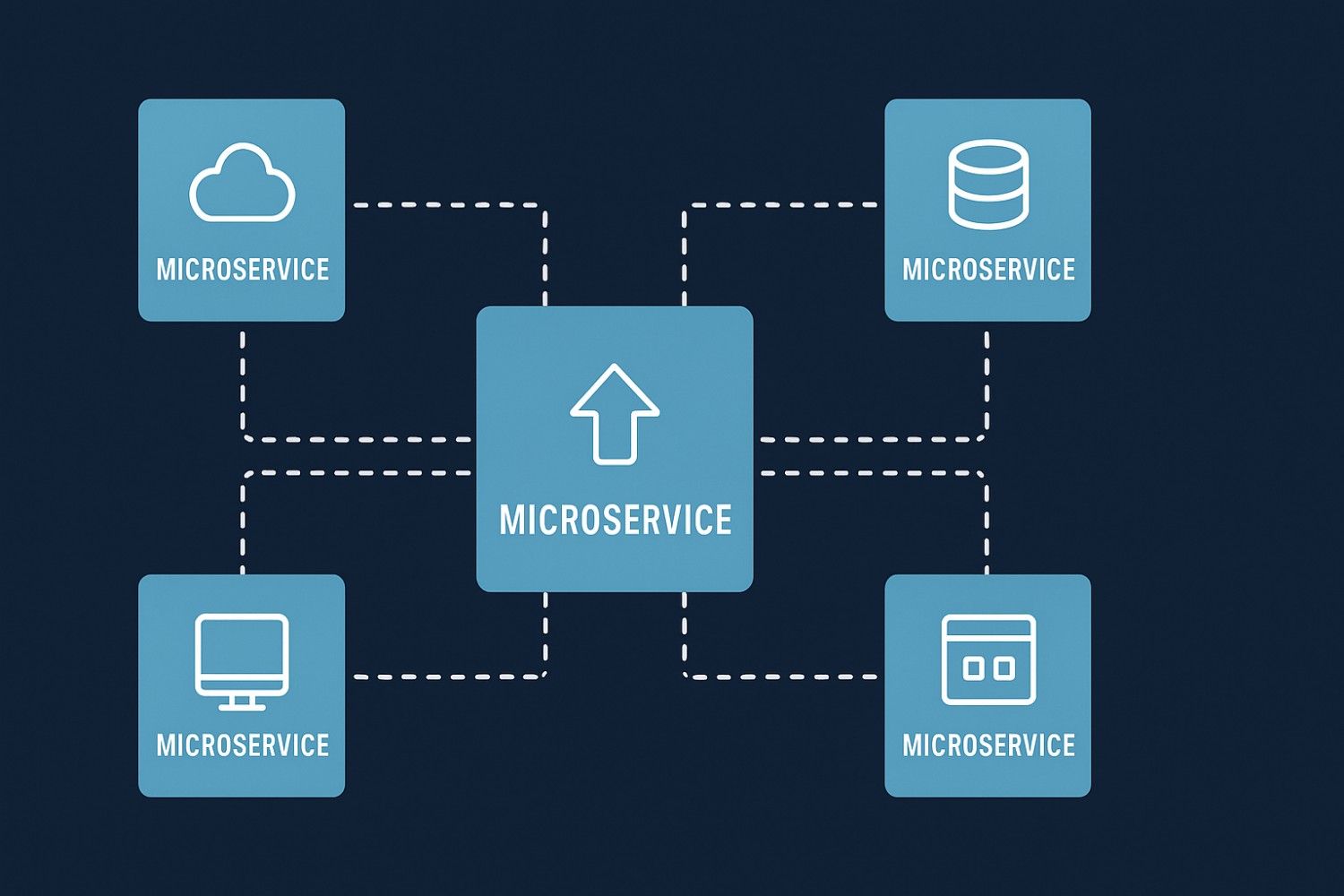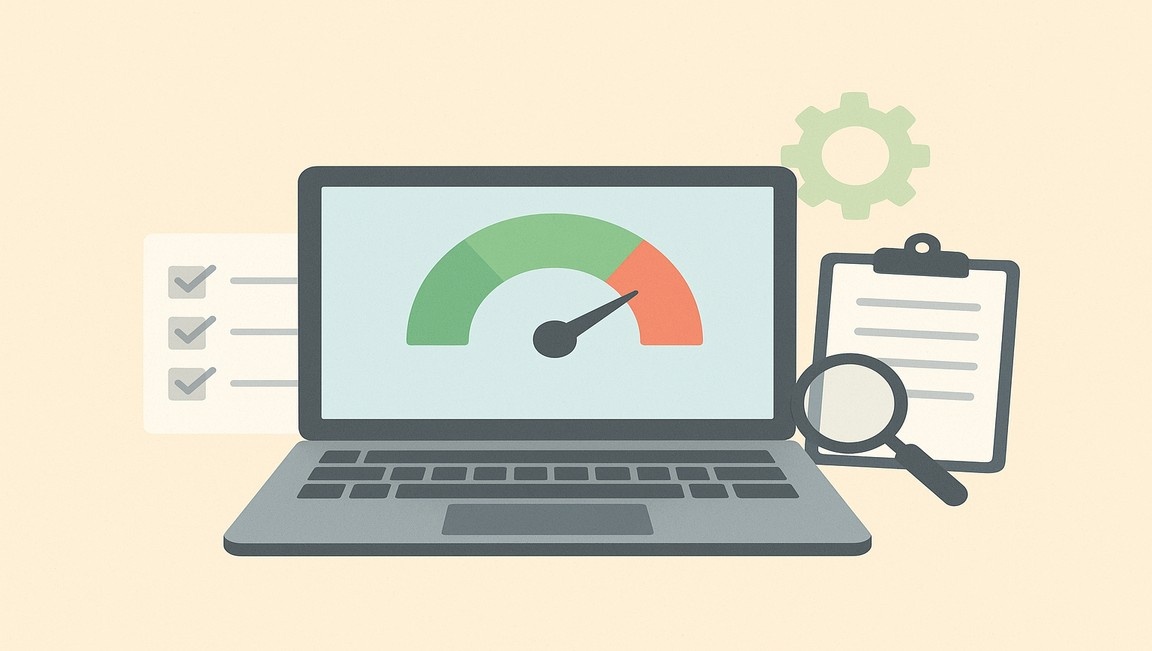Table of content
SHARE THIS ARTICLE
Is this blog hitting the mark?
Contact Us
Table of Contents
- What is QAOps? Why is QAOps Important?
- What is DevOps? Why is DevOps important?
QAOps and DevOps, both have specific significance and valuable contributions to IT projects. Here we will get to know everything about these technologies that further help you build a quality & robust business application.
Also, being a reliable software testing company in India, we aim to share updated information so that developers & testers both can match their actions with time. We all are quite aware of the term DevOps refers to two departments which are “Development” & “Operations”.
The ultimate of DevOps is to maintain proper communication between both departments to ensure smoother execution. As the name says, the concept of QAOps revolves around the quality of an application.
Also, we have mentioned above, DevOps brought two departments (Development & Operations) together, whereas QAOps brought Testing & Operations together and hence called as QAOps.
Utilizing our experience, we have written the content and here we have done our best to mention what is QAOps and what is DevOps. Apart from that, we have covered the significant difference between QAOps & DevOps.
So guys, if you are looking to explore QAOps and DevOps technologies, let us get started. If we are discussing or gathering information about DevOps & QAOps, we must understand continuous integration and continuous testing.
Continuous Integration: As we stated earlier, up-gradation is an integrated part of the technology and hence time to time applications are updated. In order to update, developers make modifications to the existing code.
Now testers need to assure, adding new code does not impact the quality of the product and with the help of CI (Continuous Integration), developers will have the flexibility to detect the bugs at the very early stage of the development.
Also, CI helps automate the processes by reducing manual efforts. As a result, the overall budget and time for the project get optimized.
Continuous Delivery/Development: After the implementation of the changes, the focus is shifted towards deployment. The intent is to maintain the seamless performance of the application so that the end-user should not lose the connectivity.
The CD process helps reduce the risk of deployment. It also makes an effective contribution to maintaining the budget required for the release. With CD, developers get more space to re-think and revamp the product with enhanced performance.
Further, it eliminates reworking for developers as well as testers. As a whole, the CD brings quality to the product and maintains connectivity to the existing users.
What is QAOps? Why is QAOps Important?
QAOps is introduced to maintain the quality of an application by making its integration into the CI/CD pipeline. As we know, technologies are continuously evolving and their ultimate intent is to bring smartness to the execution process.
Keeping the same concept in mind QAOps came into existence. With QAOps, we get the flexibility to test the application within the process and there is no need for an isolated software testing process.
Further, to meet the requirement and generate accurate output, the testing team needs to work in synchronization with the operations and development team. If you are thinking, by working in coordination there may be a chance of chaos but this will not be the case.
Whether it is DevOps or QAOps, both offer flexibility to each department to execute their tasks independently by maintaining synchronization. There is no confusion and no overlapping.
Further, if we say, continuous integration, continuous testing and continuous delivery (CI/CT/CD) is the backbone of QAOps, it will not be wrong.
Role of QAOps to improve specific testing processes
QAOps is more focused on the testing and quality of an application. Further, it plays an important role in various QA processes.
Automated Testing:
Automation testing ensures the performance of an application with the help of tools and takes minimal manual effort. It is also the main pillar of the QAOps framework.
As QAOps is in scope now, the testing team must examine the products precisely prior to building the automation framework. The analysis of the product and actual development stage will help the QA team decide the section that needs automated testing.
Parallel Testing:
This QAOps framework encourages quick testing that is in parallel with the delivery pipeline. Here testing process is directly proportional to the delivery process and hence if the speed of testing processes goes down, the delivery process will also start decreasing.
If testers run automated tests in parallel, it will increase the testing process for sure but if you run the same in series, the process will go slower. Hence, we recommend testing engineers to run the tests at once rather than going one by one.
Test Scalability:
Product scalability matters a lot once it is launched in the public domain. In this regard, the customer’s feedback is taken into the record in order to make the required modifications.
At the same time, we must agree product scalability is something that needs attention from the early stage of testing. The definition of Scalability Testing says it is a non-functional method of testing that analyzes the system’s performance when a least or large volume of users hit the system.
Automation testing is best suited for scalability testing because testers have the flexibility to save steps, methods, objects, etc. Further, they can reuse the same in futuristic projects.
Also, the most common feature of QAOps is followed here and the QA team must have the scalable infrastructure to ensure the performance of the application. Moreover, with the evolution of QAOps, the software development lifecycle becomes more important.
Importance of QAOps
QAOps offers the best software testing processes and these are the following benefits that you will experience with the implementation of QAOps:
- Supreme Quality
- Increased Productivity
- Best Customer Experience
- Better Skill Development
What is DevOps? Why is DevOps important?
DevOps refers to the two business units of an organization where the former is Development (Dev) & later is Operations (Ops). With the implementation of DevOps technologies, the organizations have excelled the performance because it offers fast development and easy maintenance.
Furthermore, DevOps offers best practices to adopt new tools and automated approaches. Also, it holds a stronger bond between stakeholders, development, and operations teams.
Apart from that, DevOps facilitates controlled iterations that further strengthens and synchronizes all the communications between the various units of the company.
DevOps controls all the activities of an organization starting from culture to development to execution to maintenance processes. The initial steps of DevOps include CI, CD, collaborations, and real-time monitoring.
As per the market analysis report, the adoption of DevOps will increase rapidly even in the year 2022 and its reach will go to $6.6 billion. In the year 2017, this reach was $2.9 billion. Now you can see the massive growth in the reach of technology.
Furthermore, DevOps offers best practices to adopt new tools and automated approaches. Also, it holds a strnger bond between stakeholders, development, and operations teams.
Apart from that, DevOps facilitates controlled iterations that further strengthens and synchronizes all the communications between the various units of the company.
DevOps controls all the activities of an organization starting from culture to development to execution to maintenance processes. The initial steps of DevOps include CI, CD, collaborations, and real-time monitoring.
As per the market analysis report, the adoption of DevOps will increase rapidly even in the year 2022 and its reach will go to $6.6 billion. In the year 2017, this reach was $2.9 billion. Now you can see the massive growth in the reach of technology.
Importance of DevOps
DevOps has brought a new revolution to the technology world as it has given a new perspective of implementation.
Following are the benefits of DevOps technology:
- Speed
- Fast Execution
- Business Optimization
- Enhanced Collaboration
- Security
Differences between DevOps and QAOps
As we are discussing the two major technologies of the era, we must know the difference in their approach. So here you go for DevOps Vs. QAOps, The intent is on quick software deployment The intent is quality assurance of the softwareIn DevOps, Development & Operations teams work closely.
QA team is secondary In QAOps, Development & Testing team works closely.Good quality is deliveredExcellent quality is delivered
Conclusion:
Here we have mentioned everything about QAOps and DevOps. Also, being a leading software testing company in India, we make sure to follow best testing practices. The ultimate aim is to deliver bug-free applications. We are offering software testing services in India as well as overseas. Further, we have the best QA experts who always ensure the quality of the product using a cutting-edge approach. Hire experienced and smart QA tester in India exclusively from QAble. Do you want to connect with our Experts.? Click Here !
Discover More About QA Services
sales@qable.ioDelve deeper into the world of quality assurance (QA) services tailored to your industry needs. Have questions? We're here to listen and provide expert insights


Nishil Patel is the Co-founder of QAble, delivering advanced test automation solutions with a focus on quality and speed. He specializes in modern frameworks like Playwright, Selenium, and Appium, helping teams accelerate testing and ensure flawless application performance.
.svg)














.webp)
.webp)
.png)
.png)











.png)



.png)

.png)

.png)












.png)






.webp)

